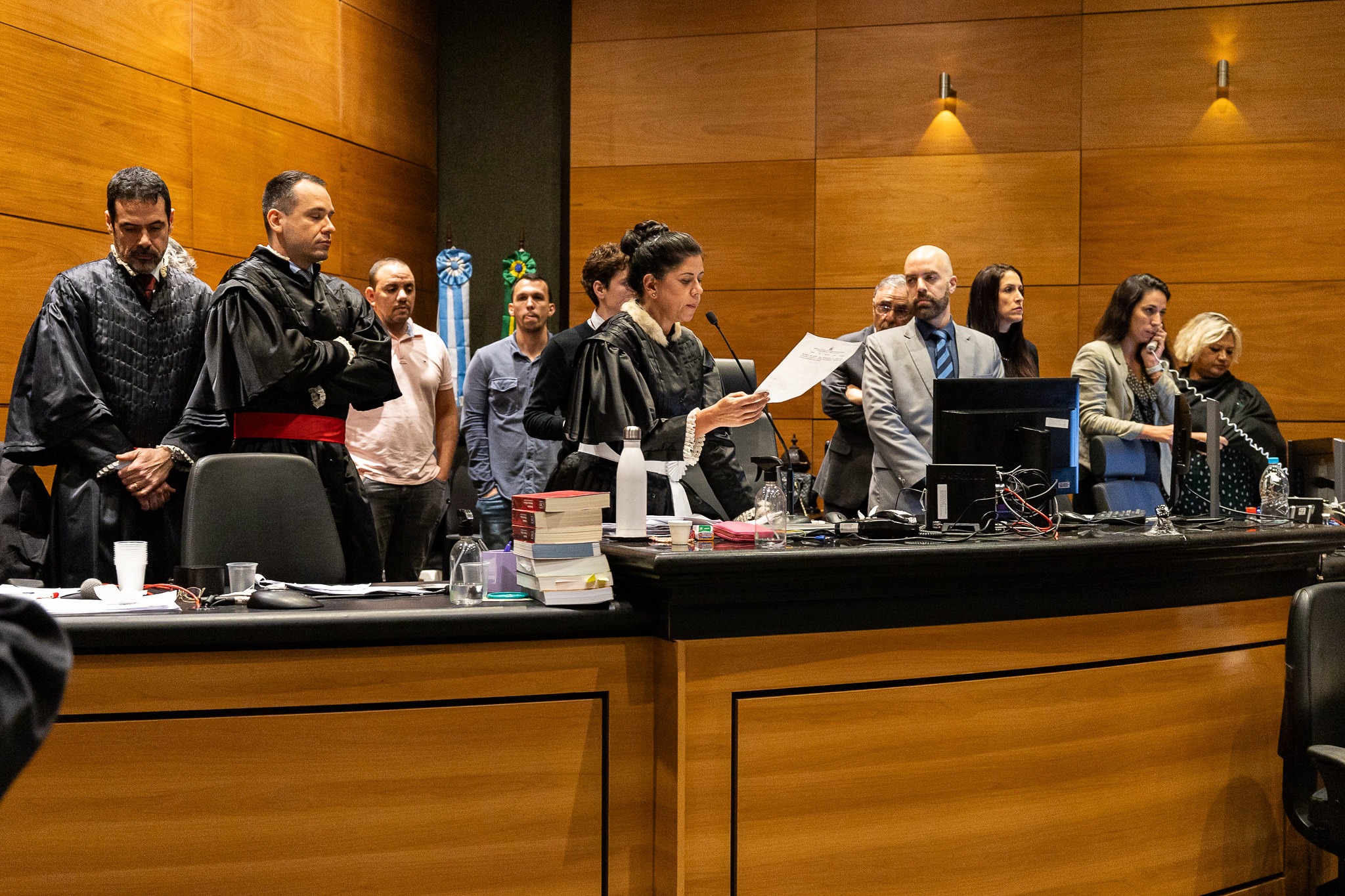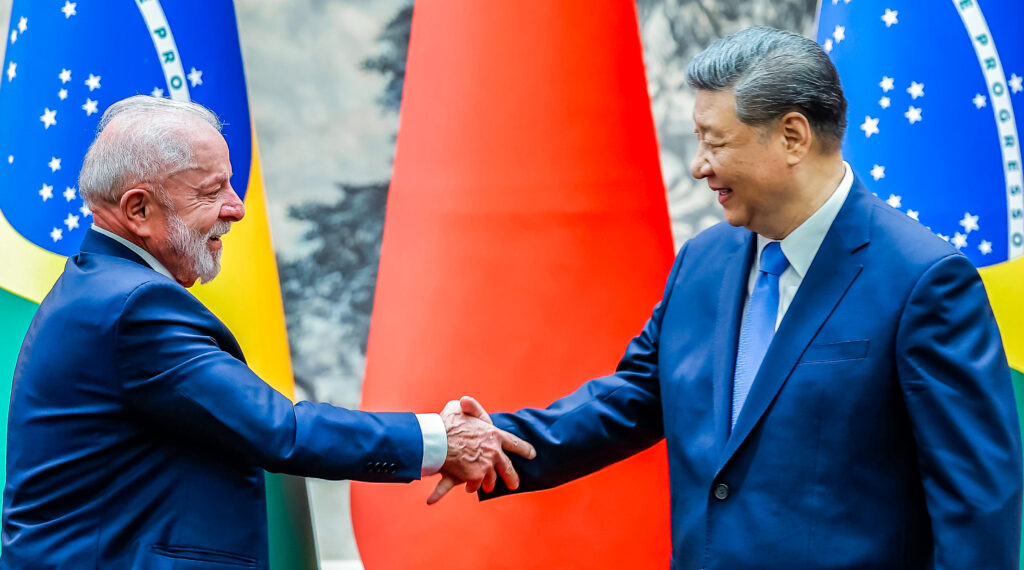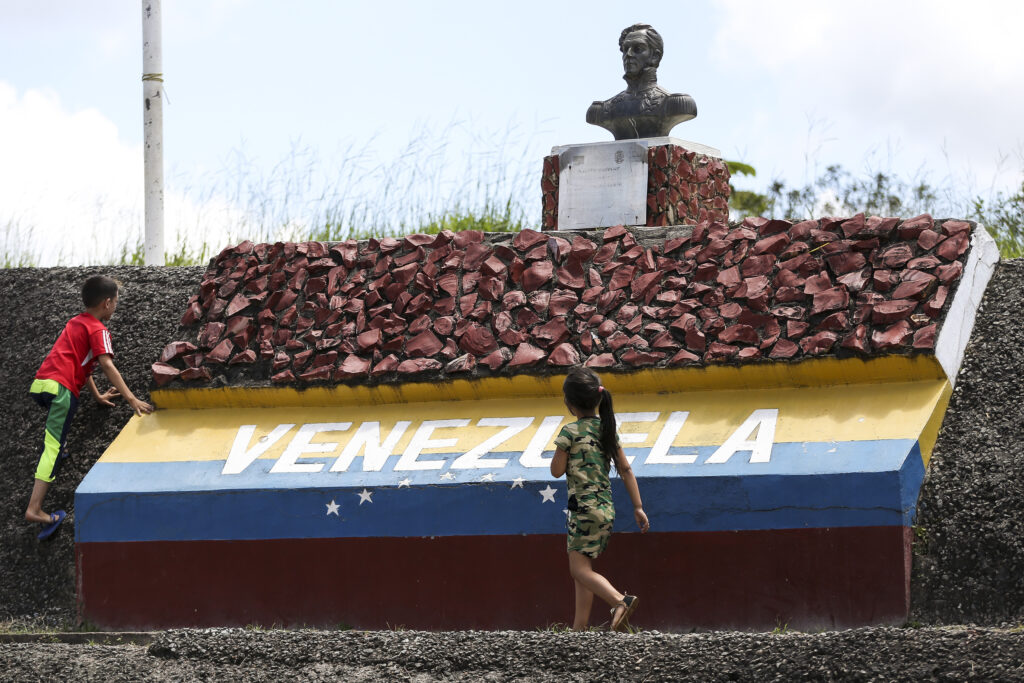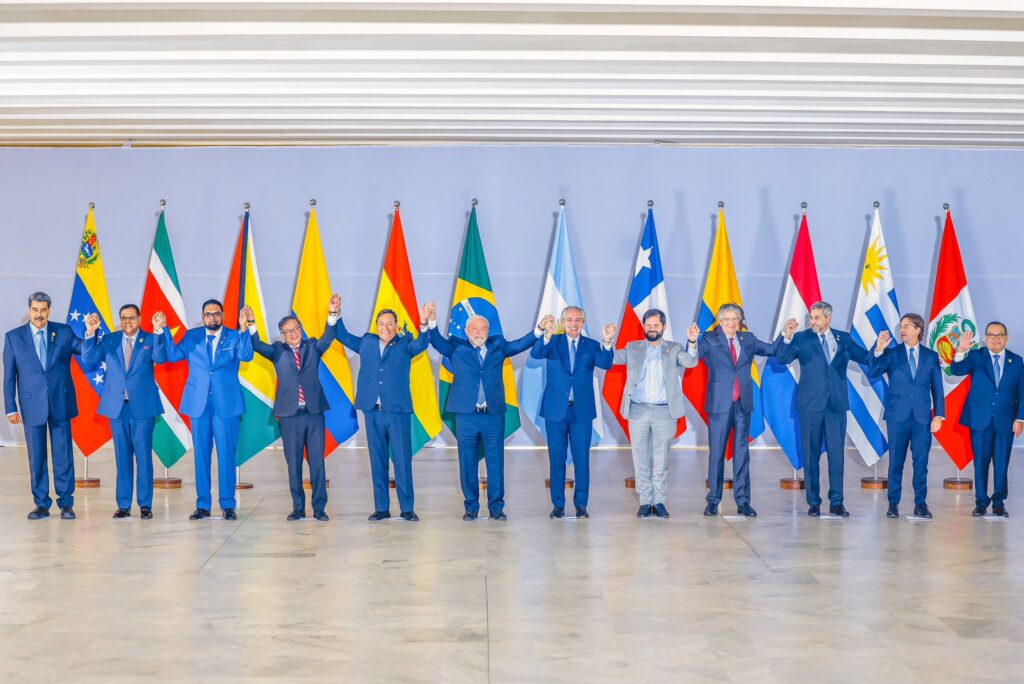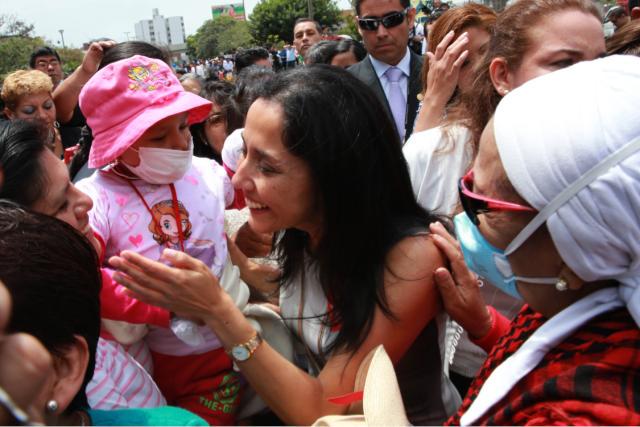São Paulo, Brazil – The Rio de Janeiro State Court convicted the two killers of Marielle Franco, a city councilwoman and activist, and her driver, Anderson Gomes, on Thursday. Both men, former members of Rio’s security forces, were involved in the assassination that stunned Brazil over six years ago.
Ronnie Lessa, identified as the gunman, was sentenced to 78 years in prison by a jury, while Élcio Queiroz, who drove the getaway car, received a 59-year sentence.
According to the investigation, the March 14, 2018 assassination was a calculated ambush. As Franco left a meeting with Black women activists in central Rio, Queiroz pulled alongside her car. From the back seat, Lessa fired 13 shots using a German-made HK MP5 submachine gun. Franco and Gomes died instantly. An aide accompanying Franco survived the attack.
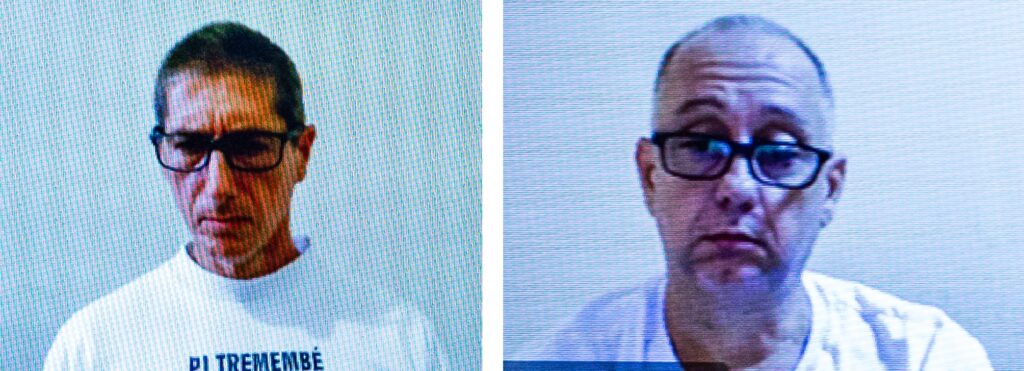
(Brunno Dantas/TJRJ courtesy)
Lessa and Queiroz were convicted of double homicide with triple aggravation, attempted murder of the surviving aide, and the use of a stolen vehicle. The ruling, handed down by Judge Lúcia Glioche after two days of trial, brought tears to the victims’ families. The widows of Franco and Gomes embraced and applauded the verdict.
Despite the harsh sentences, both men are expected to serve significantly less time behind bars. Due to plea bargains with authorities, Queiroz will spend a maximum of 12 years in a maximum-security facility, and Lessa, 18 years. These deals, however, have provided investigators with key leads that helped identify the masterminds behind the crime after more than half a decade of unanswered questions.
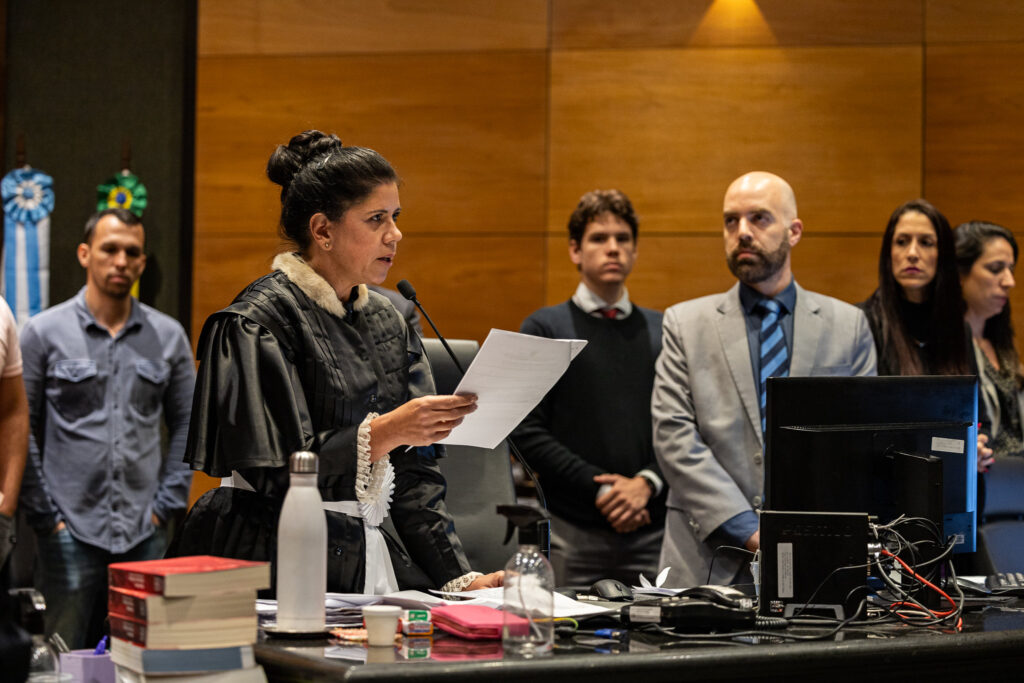
(Brunno Dantas/TJRJ courtesy)
The investigation has now shifted to prosecuting those accused of orchestrating the assassination. Five men have been indicted: Brothers Chiquinho and Domingos Brazão have been accused of ordering the hit; Rivaldo Barbosa is the alleged planner; Robson Calixto is accused of helping to dispose of the murder weapon; and Paulo Pereira was allegedly in charge of monitoring Franco’s movements to facilitate the attack. All five remain in pretrial detention.
Due to the political positions of some suspects, parts of the case will be adjudicated by Brazil’s Supreme Court. Chiquinho Brazão, despite his incarceration, is currently serving as a federal congressman, while his brother, Domingos, holds a position as a state audit tribunal counsellor. Barbosa, who was Rio’s chief of police at the time, faces accusations of orchestrating the crime and obstructing the investigation. Calixto and Pereira, just like Lessa and Queiroz, have ties to Rio’s police force. Trial dates for these men have yet to be set.
Understanding the motivations behind Marielle Franco’s murder requires delving into Rio’s history of corruption and organised crime, which dates back to the 1970s during Brazil’s brutal military dictatorship (1964-1985). At that time, death squads composed of police officers hunted political dissidents. After the dictatorship ended in 1985, these groups turned to extortion, especially in Rio’s western zone, where they provided “security” in exchange for payments, which quickly became a form of systematic extortion.
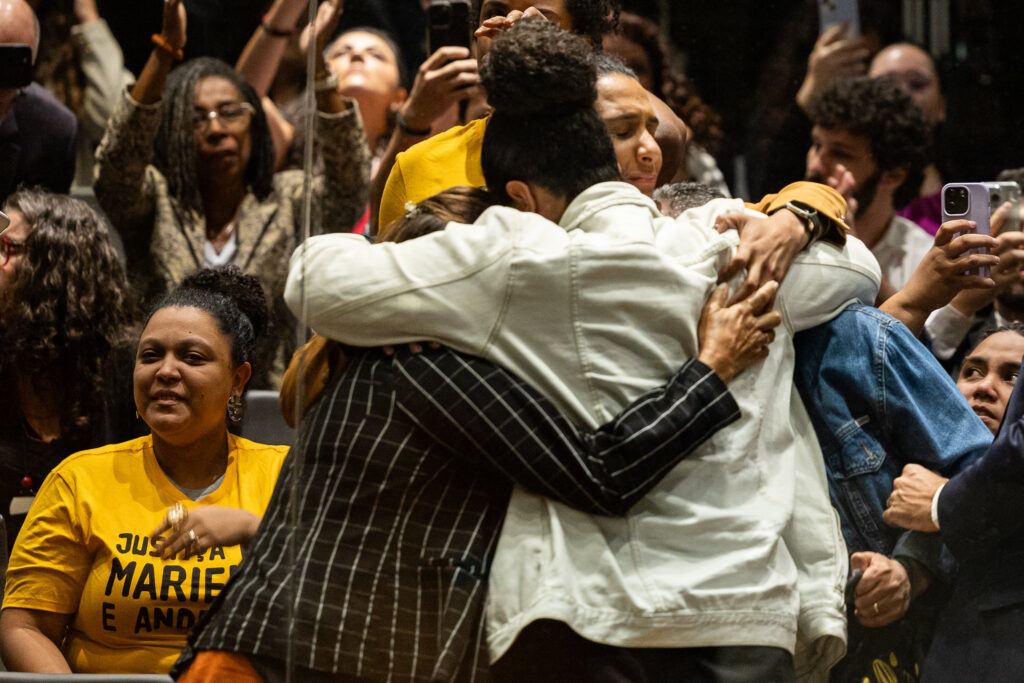
(Brunno Dantas/TJRJ courtesy)
Over the years, these militias diversified their control, monopolizing transportation, utilities, gas distribution, loan services, and even real estate ventures in the areas they dominated.
It was this entanglement of crime and politics that Franco, a staunch human rights advocate, sought to expose. In 2016, Chiquinho Brazão sat alongside her in Rio’s city council. That year, he proposed a law enabling real estate development on land controlled by militias. Franco opposed the measure, arguing for affordable housing solutions for the city’s poor. Despite her protests, the legislation passed, and Franco’s resistance reportedly fueled the animosity that culminated in her murder on the day the law was approved.
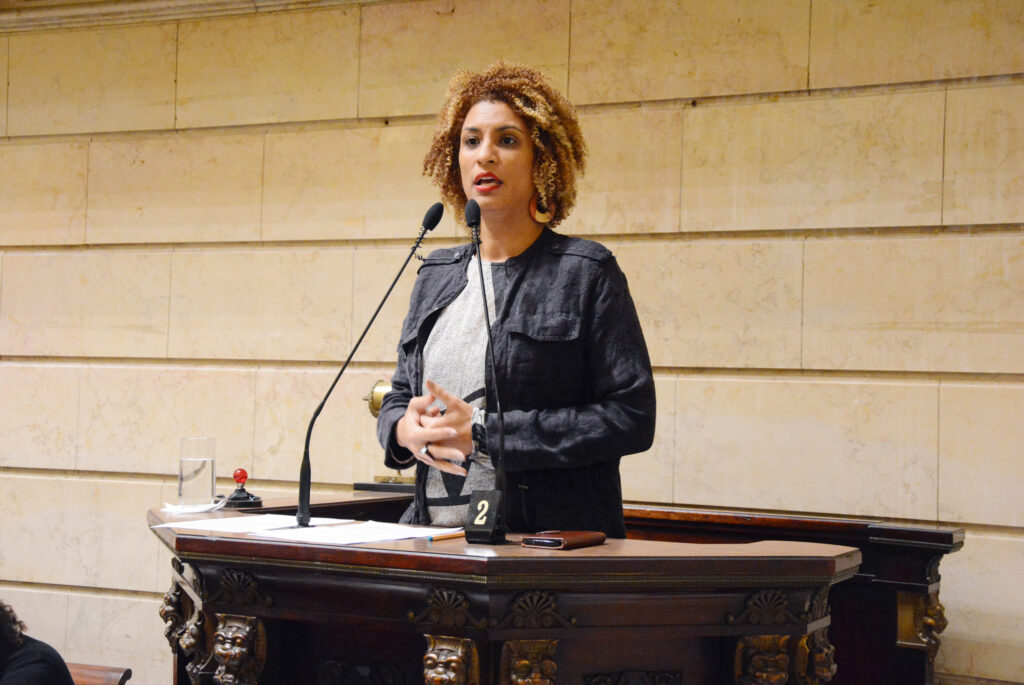
(Renan Olaz/CMRJ courtesy)
The violent grip of Rio’s militias was starkly depicted in the 2010 film Elite Squad: The Enemy Within, directed by José Padilha. As the first convictions come through in a case that has haunted Brazil for its audacity and precision, Marielle Franco’s legacy—her relentless pursuit of social equality, human rights, and justice—continues to resonate, awaiting accountability for those who ordered her killing.


